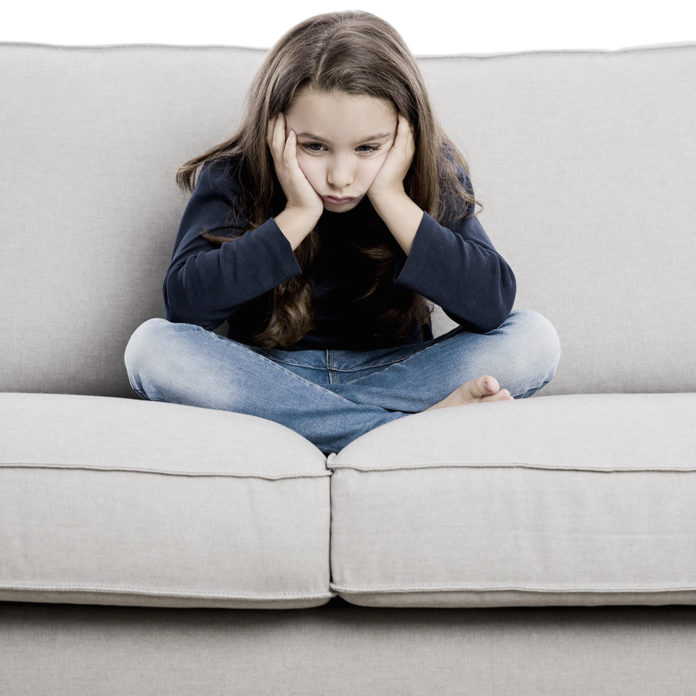
I’m bored! These two simple words are the dread of most parents. For some reason this little phrase has the ability to simultaneously spur parents into action and create massive guilt. Parents can sometimes feel that they aren’t fulfilling their job if their offspring are bored or at a loose end and consequently fall over themselves to fix the problem. However, entertaining your child when boredom hits may not be the best thing you can do.
Endless activity
The pace of life is fast and furious. Even for children. There is very little empty space and the space that is there is normally filled with television, computer games and other screen based activities. Boredom normally hits when the structure of the daily chase is removed. This is why school holidays are normally filled with boring moments for kids and frustration for parents. Daily life has been so filled with ‘stuff’ that free time is unfamiliar territory. When you take away the busy demands of a fully scheduled day children honestly don’t know what to do with themselves.
Blessing in disguise
You could argue that having full, productive days are necessary and an efficient use of a life and to some extent that’s true. However, it’s good for a child to be given the opportunity to become bored and then learn how to overcome their boredom. As children grow into adulthood their down-time becomes their responsibility. If they are so used to having every moment of their day structured by someone else, they will never learn to make their most of their time when they are able to choose their own activities. There are in fact, benefits to boredom:
Boredom requires that you look for alternatives.
Boredom is just another way of saying ‘I have nothing to do’. I once read a parenting book that suggested an easy fix for this complaint was to offer the bored individual an activity in the form of a household chore, for example, tidying their room or folding laundry. I’ve tried this a few times in my home and it’s amazing how quickly my kids can find something else to do when my alternative isn’t very appealing.
Boredom can make you more aware of your surroundings.
If you’re always busy it’s very easy to ignore or overlook your environment. Finding yourself with nothing very much to do gives you time to look about and take notice. You can become alive to new possibilities or opportunities that you would otherwise have missed. You may see problems or obstacles that weren’t apparent before.
Boredom can make you more creative.
When you have nothing to do you give your mind the freedom to explore avenues that may otherwise never occur to you. Using down-time to imagine possibilities or make up stories or solve problems allows you to think differently and become generally more creative.
Boredom has the ability to relieve stress.
There are people who can stress about anything and I’m sure having nothing to do may be stressful for some but generally speaking a lack of structure or constraint means no stress. Having no demands or structure is the ultimate environment in which to unwind and let go, it’s just a case of learning to embrace the space.
The World Economic Forum created a video addressing the issue of boredom in children and suggesting great parents let their kids be bored. The video ends with this quote:
“Children need to sit in their own boredom for the world to become quiet enough that they can hear themselves” – Dr Vanessa Lapointe
So instead of racing to fix boredom, embrace it and allow the space and stillness to develop valuable skills within your child.
